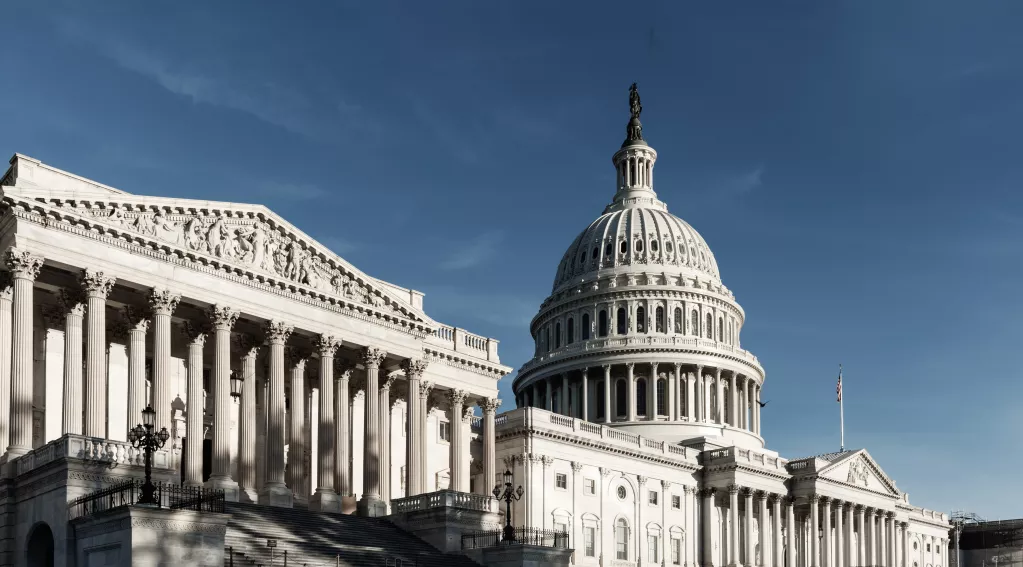The Budget Deal is Actually a Win for Immigration Enforcement

When it comes to immigration, the new budget compromise is not as bad as you think.
Facing the prospect of leaving Washington without an agreement on the looming debt-ceiling crisis, House and Senate leadership struck a deal with each other and President Trump that raises the spending limit by $320 billion and suspends the debt ceiling until 2021. This deal avoids nearly $1 trillion in automatic spending cuts, a feature of the Budget Control Act that Republicans forced President Obama to sign in 2011.
Theagreement rests on two points. First, Republicans backed down from demandingdeep spending cuts. Second, Democrats agreed to exclude any poison pills,controversial riders, and policy changes in appropriations bills unless boththey, Republican leadership, and President Trump agree on them. For advocatesof immigration enforcement, this is a huge win.
House Democrats, in their quest to dismantle and stymie President Trump’s immigration priorities, continually weaponize spending bills by offering amendments that target the administration’s efforts to secure the southern border and enforce existing immigration laws. The FY 2020 appropriations bill for the Department of Homeland Security (DHS) included many examples of this. House Democrats successfully attached an amendment to that bill that would completely erase President Trump’s immigration actions since he took office.
Just this month, the House passed the National Defense Authorization Act (NDAA) with multiple immigration riders that prevent detention of illegal aliens at military facilities and temporarily enshrine Obama-era amnesty programs. Last month, the House fought to pass an entirely partisan emergency border funding supplemental package with poison pills that placed burdensome restrictions on our immigration agencies. The House was forced to back down and pass a bipartisan Senate package.
If HouseSpeaker Nancy Pelosi (D-Calif.) and Senate Minority Leader Chuck Schumer(D-N.Y.) stand by these concessions, advocates of immigration enforcementshould be thrilled knowing that there can be no Democratic attempts to limitthe federal government’s ability to enforce our immigration laws. UnlessDemocratic leadership could somehow convince Republican leadership and President Trump to agree to radicalimmigration proposals, the budget battles this September should be largelydevoid of any immigration poison pills.
Fiscal hawks and progressive Democrats are unhappy with the deal. Hawks are upset with the spending increases and the president’s decision to not pursue deep cuts. Progressives are frustrated that they will be unable to use the budget to challenge President Trump’s immigration policies. For them, the budget deal is a loss. But for champions of border security, this is a positive development and a win going into the fall spending debates.

